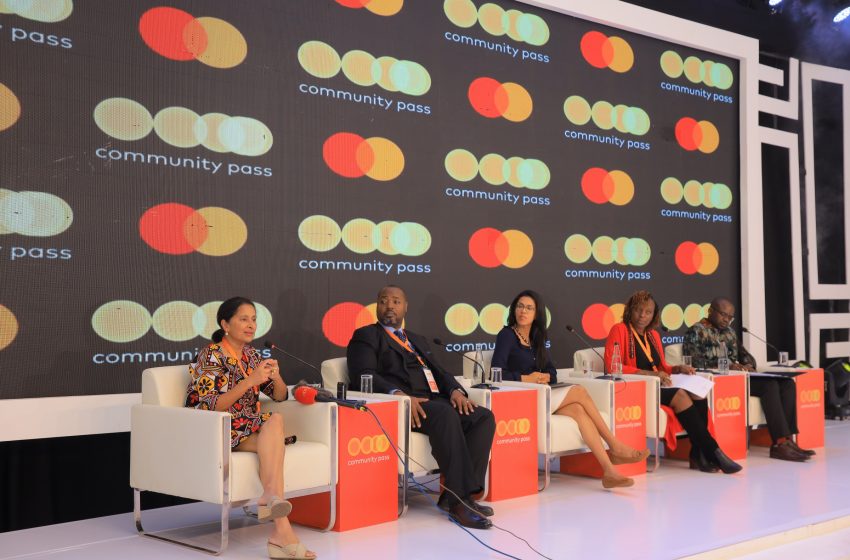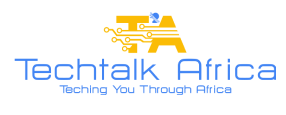
Community Pass Customer Summit in Uganda Paves the Way for Mastercard’s Digital and Financial Inclusion
Mastercard’s second annual Community Pass Customer Summit in Kampala, Uganda gathered more than 90 public and private sector partners, featured 20+ thought leaders dedicated to crafting sustainable solutions for digital and financial inclusion across Africa and beyond.
This year’s summit showcased over 10 cutting-edge technologies and financial institutions, each presenting their digital solutions designed to include underserved communities across the agriculture, health, micro-commerce, and education. The event also featured interactive panel discussions focusing on the impact of digital technology in promoting service delivery and economic growth in remote areas. The sessions explored themes such as credit access, last mile delivery infrastructures, entrepreneurship enablement, digital market systems in agriculture, resilience building for smallholder farmers, and innovative financing for sustainable commercial and social outcomes.
As a change catalyst, the summit redefined the delivery of digital and financial services to underserved communities. Leveraging Mastercard’s core capabilities, Community Pass is a shared interoperable platform that provides digital infrastructure to both public and private sector players to serve marginalized and frequently offline communities. The platform provides a commercially sustainable approach to scaling service delivery and increasing access to critical services including agriculture, healthcare, and micro-commerce. Community Pass is growing and has already reached nearly 5 million users globally in Uganda, Kenya, Tanzania, Ethiopia, and India.
Speaking during the summit, Tara Nathan, EVP and Founder of Mastercard Community Pass underscored the event’s transformative potential. “Community Pass is not just a digital platform, it’s a catalyst for change, effectively bridging the gap between underserved communities and essential services. We are excited about coming together to showcase our shared dedication to enhancing digital and financial access, with a focus on addressing the specific needs of our users.”
Kicking off the year with continued momentum, the Community Pass team announced three major collaborations: the launch of the Yojana card, powered by Community Pass and in collaboration with Haqdarshak Empowerment Solutions in India; a collaboration with Shell Foundation and Co-operative Bank of Kenya to provide below-market interest rates to smallholder farmers against lending for green technology; and the reveal of Equity Bank of Uganda’s financial inclusion card. These collaborations are anticipated to drive significant changes in digital and financial inclusion for smallholder farmers and rural communities.
“Our continued partnership with Mastercard’s Community Pass has already reached 1.2 million smallholder farmers in Uganda and represents our unwavering commitment towards Uganda’s financial empowerment,” said Gerald Begumisa, Managing Director of Yo! Uganda. “This year’s Community Pass Customer Summit being held in the heart of Uganda marks a major stride towards fostering financial resilience, transforming lives, and amplifying prosperity across our nation.”
Daniel Huba, Vice President, Community Pass Market Development, Sub-Saharan Africa at Mastercard, emphasized the platform’s significance in the continent. “Community Pass goes beyond connectivity; it’s about fostering sustainable economic opportunities and welcoming digitally excluded individuals into the formal digital economy. This year’s Summit is a critical move towards this vision, aiming to make digital tools and solutions universally accessible in Africa’s evolving economy.”
Through the Community Pass solution, Mastercard enables rural and marginalized communities, many of whom lack digitized data records, identification documentation, and/or connectivity, to digitally access a network of offline services. As an example, Community Pass enables smallholder farmers to increase their productivity and command higher prices by digitally connecting them to an ecosystem of actors serving the agriculture sector, including product buyers, agricultural inputs providers, financial institutions and more.


![Phishing and scams have increased in Africa. [Photo - Courtesy]](https://techtalk.africa/wp-content/uploads/2022/08/Phishing.jpg)
![Kaspersky researchers have found a new malicious campaign that developers need to be ware of. [Photo - Courtesy]](https://techtalk.africa/wp-content/uploads/2022/08/Kaspersky.jpg)
![LightWays is a fully enclosed, flexible ducting system ideal for protecting, segregating and managing fibre optic cables in the data centre environment. [Photo - Courtesy]](https://techtalk.africa/wp-content/uploads/2022/08/Siemon_LightWays.jpg)



